Did you know about the solar and lunar holidays and International holidays in February? If not, let’s join Bach Hoa XANH to explore the special days in February right after the article below!
1 Solar Holidays in February in Vietnam
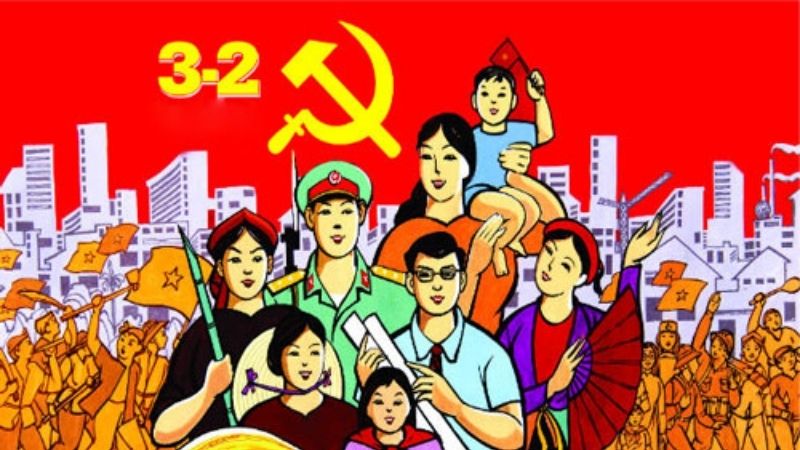 Vietnamese Communist Party Foundation Day
Vietnamese Communist Party Foundation Day
February Holidays: Vietnamese Communist Party Foundation Day
On February 3, 2024, the Vietnamese people proudly celebrated the 94th anniversary of the founding of the Communist Party of Vietnam.
The birth of the Party was a significant event and a turning point in the revolutionary cause of the entire Vietnamese nation. Thanks to the leadership and correct guidelines of the Communist Party of Vietnam, our revolution has achieved victory, and our country has been liberated.
See also: Comprehensive list of public holidays in Vietnam in 2024
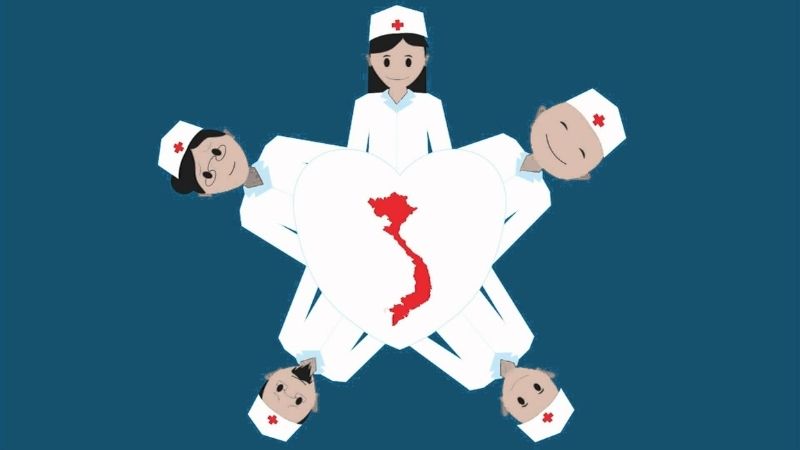 Vietnamese Doctors’ Day
Vietnamese Doctors’ Day
February Holidays: Vietnamese Doctors’ Day
On February 27, 1955, President Ho Chi Minh wrote a letter to the Conference of Medical Staff, instructing doctors to be sincere, united, and loving towards patients, and to contribute to the development of Vietnamese medicine.
On February 6, 1985, the government decided to choose February 27 as Vietnamese Doctors’ Day. This day aims to honor doctors, nurses, and all those working in the Vietnamese healthcare sector.
See also: : History and significance of February 27
2 Lunar Holidays in February in Vietnam
Tram Temple Festival (February 2nd on the Lunar Calendar)
Tram Temple belongs to a complex of three temples: Tram Temple, Hang Temple, and Vo Vi Temple, located at Tram Mountain (Tu Tram Son), Chuong My District, Hanoi.
The temple was built in the 16th century by a general who became a monk. On the 2nd of February of the lunar calendar every year, many people come here to worship.
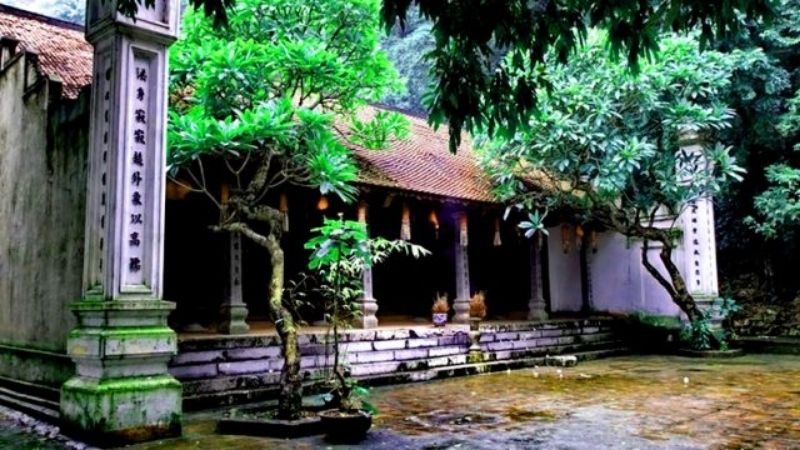 Tram Temple Festival (February 2nd on the Lunar Calendar)
Tram Temple Festival (February 2nd on the Lunar Calendar)
Son-in-Law Choosing Festival (February 2nd on the Lunar Calendar)
This unique folk festival takes place in Duong Yen village, the ancient Kinh Bac region (now Dong Anh district). The festival mimics the day when Lady Le Hoa (one of the Two Trung Sisters) defeated the enemy and chose a talented man as her husband.
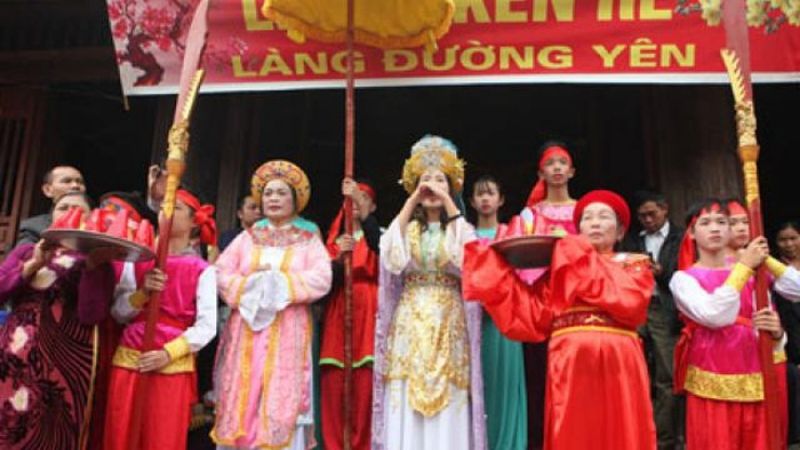 Son-in-Law Choosing Festival (February 2nd on the Lunar Calendar)
Son-in-Law Choosing Festival (February 2nd on the Lunar Calendar)
Mr. Dia Temple was built in the 19th century and was officially recognized by King Tu Duc in 1852. The festival takes place on February 2nd of the lunar calendar, which is the birthday of the Earth God Phuc Duc Chinh Than.
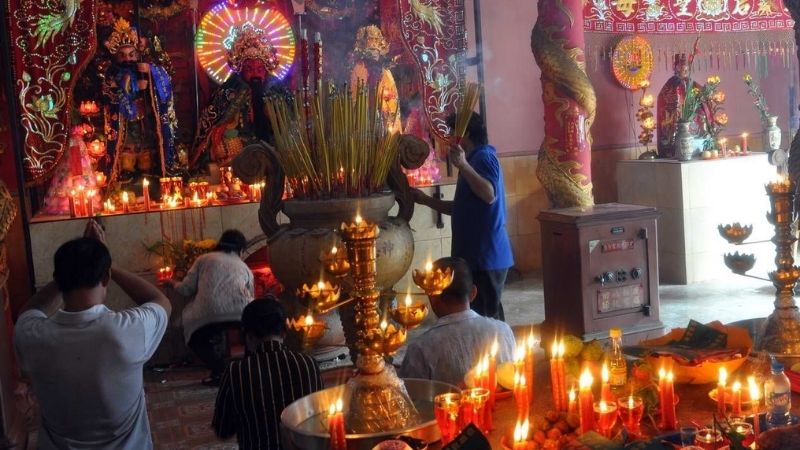 Mr. Dia Temple Festival (February 2nd on the Lunar Calendar)
Mr. Dia Temple Festival (February 2nd on the Lunar Calendar)
Long Hai Goddess Welcoming Festival (February 10th-12th on the Lunar Calendar)
This is one of the largest festivals for fishermen in the Southern provinces. The festival combines the Fishermen’s Prayer Ceremony with the worship of the Sea Goddess and the Mother Goddess belief.
The festival is held annually on February 10-12 of the lunar calendar at the Dinh Co (Long Dien, Ba Ria Vung Tau) and attracts many visitors.
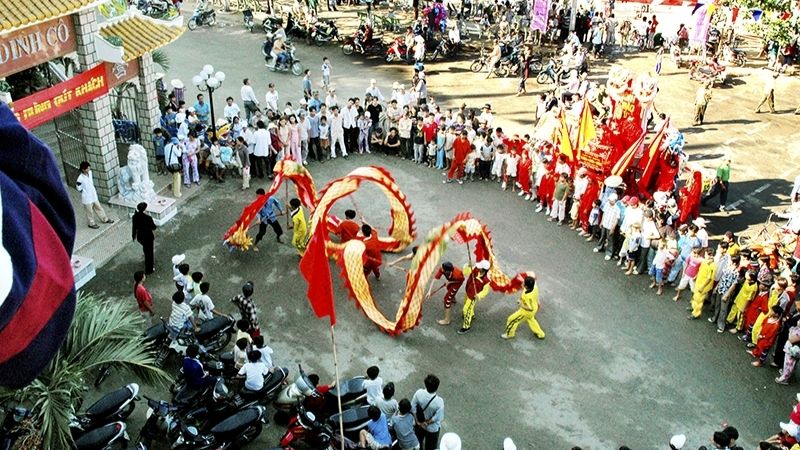 Long Hai Goddess Welcoming Festival (February 10th-12th on the Lunar Calendar)
Long Hai Goddess Welcoming Festival (February 10th-12th on the Lunar Calendar)
Tay Thien Festival (February 15th on the Lunar Calendar)
This festival takes place at the Temple of the National Mother of Tay Thien on the 15th of February of the lunar calendar. The National Mother’s real name was Lang Thi Tieu, who helped Hung Chieu Vung defeat the enemy and expand the territory.
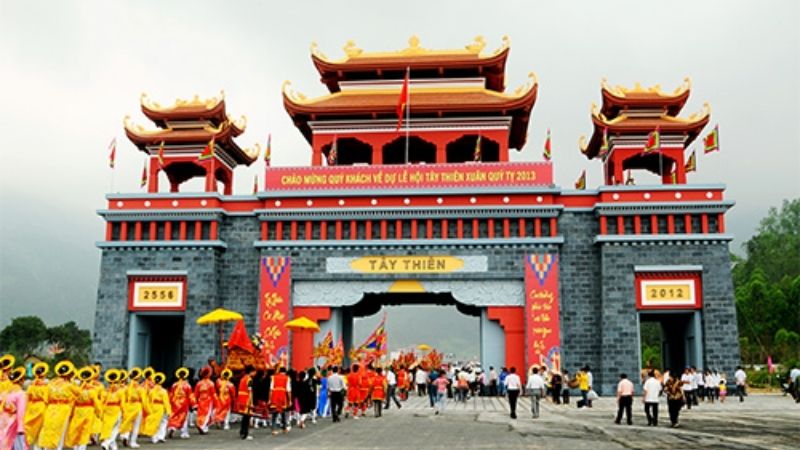 Tay Thien Festival (February 15th on the Lunar Calendar)
Tay Thien Festival (February 15th on the Lunar Calendar)
Quan The Am Festival (February 19th on the Lunar Calendar)
This festival is held annually at the Ngu Hanh Son tourist area in Da Nang. The festival was first held in 1960 and has been preserved and promoted to this day.
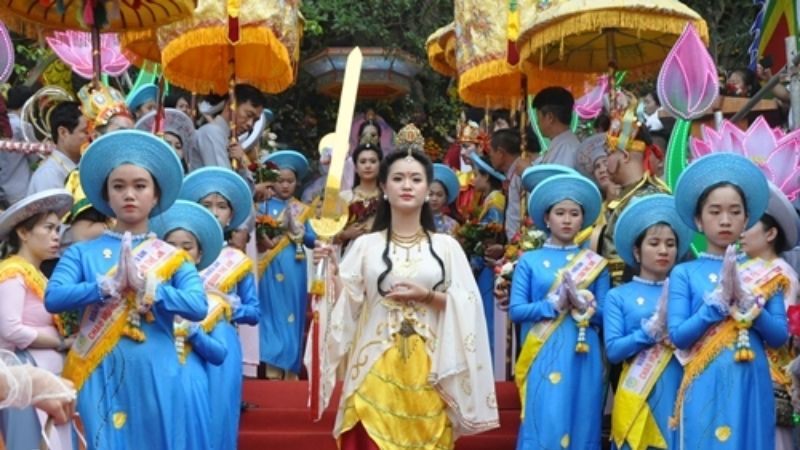 Quan The Am Festival (February 19th on the Lunar Calendar)
Quan The Am Festival (February 19th on the Lunar Calendar)
Thanh Minh Festival (February 26th on the Lunar Calendar)
Thanh Minh Festival in 2024 falls on April 4th of the solar calendar (February 26th of the lunar calendar). This is a day for descendants to remember their ancestors and visit their graves.
On this day, descendants often prepare offerings to worship their ancestors and clean their graves to make them neat and tidy.
See also: What is Thanh Minh? Date of Thanh Minh Festival in 2024
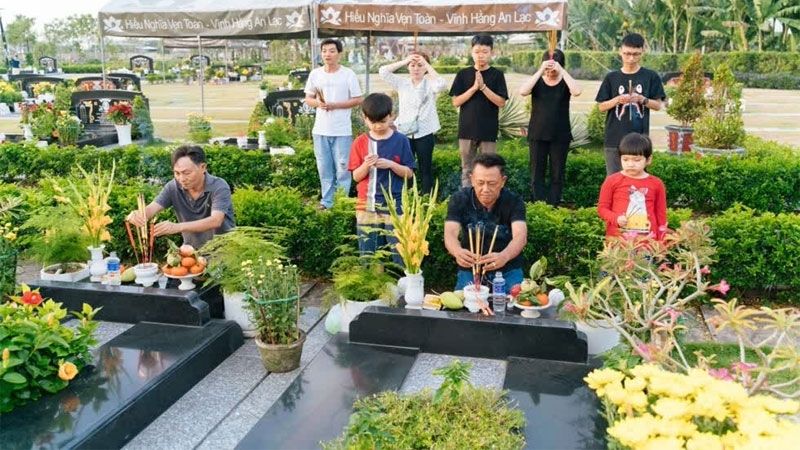 Thanh Minh Festival (February 26th on the Lunar Calendar)
Thanh Minh Festival (February 26th on the Lunar Calendar)
See also: Comprehensive list of public holidays in Vietnam
3 International Holidays in February
World Cancer Day
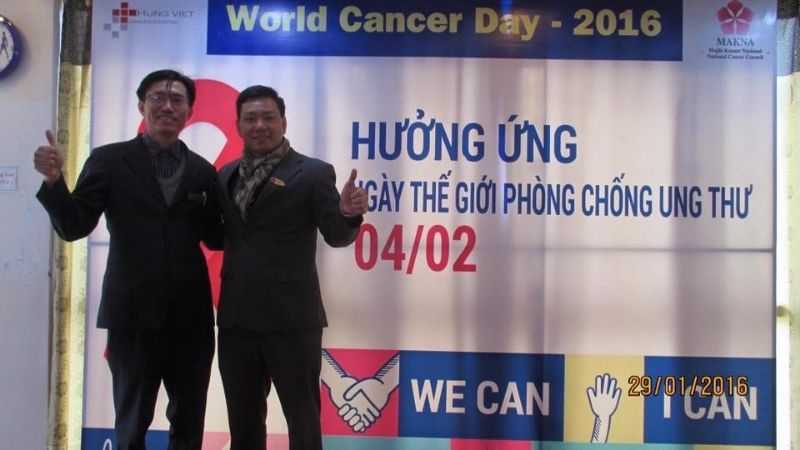 February Holidays: World Cancer Day
February Holidays: World Cancer Day
World Cancer Day is a global event, held annually on February 4th, to raise awareness about cancer and how to prevent, control, and treat it.
The goal of this day is to spread knowledge about the dangers, prevention, and treatment of cancer to reduce the number of people affected by and dying from this disease, especially children.
International Day Against the Use of Child Soldiers
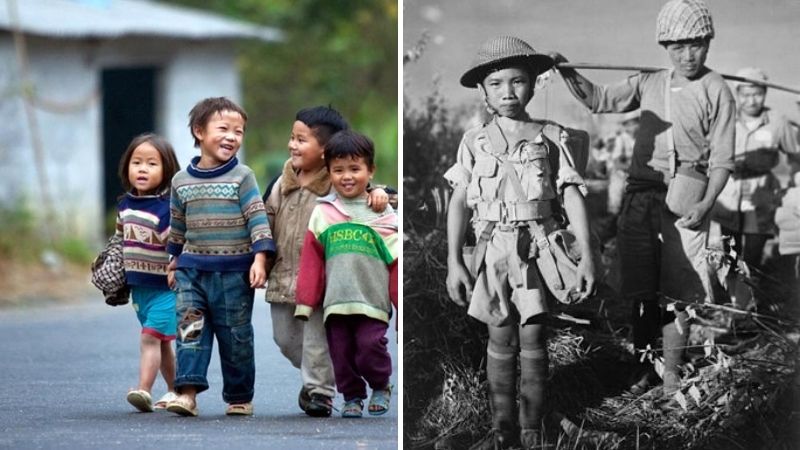 February Holidays: International Day Against the Use of Child Soldiers
February Holidays: International Day Against the Use of Child Soldiers
The International Day Against the Use of Child Soldiers, also known as Red Hand Day, is observed on February 12th to call for action against the use of children in armed conflicts.
Red Hand Day was initiated in 2002 and came into effect on February 12th of the same year. Several international organizations, such as UNICEF, Amnesty International, and Terre des Hommes, are actively working to combat the use of child soldiers worldwide.
Valentine’s Day
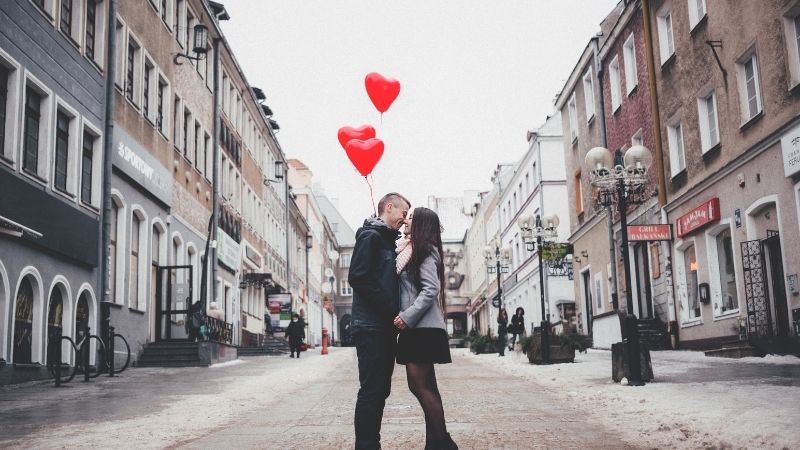 February Holidays: Valentine’s Day
February Holidays: Valentine’s Day
February 14th – Valentine’s Day or Lover’s Day – is a day to celebrate romantic love. Couples express their feelings by giving flowers, chocolates, and handmade cards to their loved ones.
Legend has it that in the 1400s, a priest named Valentine in Rome secretly helped Christian couples get married, despite a ban on marriages by Emperor Claudius II. Valentine was beheaded on February 14th, and to honor him, people began celebrating this day as a testament to their deep love.
See also: When is Valentine’s Day? How many days until Valentine’s Day?
International Mother Language Day
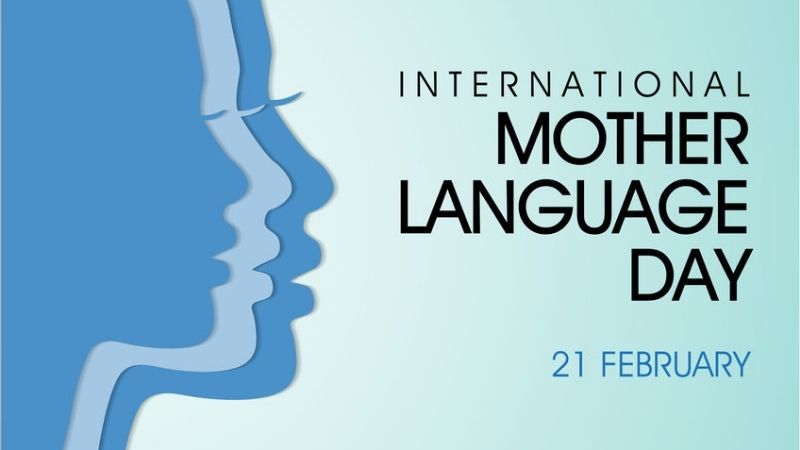 February Holidays: International Mother Language Day
February Holidays: International Mother Language Day
At a conference on November 17, 1999, UNESCO chose February 21st as International Mother Language Day (International Mother Language Day), and this decision was recognized by the United Nations General Assembly in 2008.
This day is celebrated annually by UNESCO member states at their respective UNESCO headquarters to promote linguistic and cultural diversity.

































